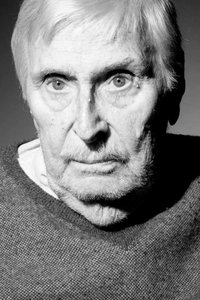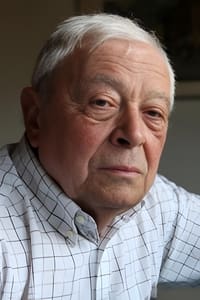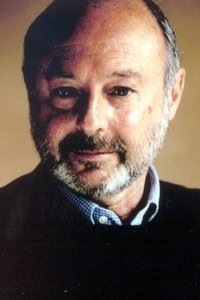CHoosing at Twenty
Genres
Documentary
OverView
Between 1954-1962, one hundred to three hundred young French people refused to participate in the Algerian war. These rebels, soldiers or conscripts were non-violent or anti-colonialists. Some took refuge in Switzerland where Swiss citizens came to their aid, while in France they were condemned as traitors to the country. In 1962, a few months after Independence, Villi Hermann went to a region devastated by war near the Algerian-Moroccan border, to help rebuild a school. In 2016 he returned to Algeria and reunited with his former students. He also met French refractories, now living in France or Switzerland.
Others
Budget
$--
Revenue
$--
Status
Released
Original Language
French
Runtime
100 mins
Rating
6.8/10
Release Date
24 August 2017
Country
Algeria





